At 2:00 a.m. at the Emergency Room of Hospital E ( Hanoi ), a young man was brought to the hospital with a pale face, sweating profusely, holding his back in excruciating pain.
On the hospital bed, he only had time to say intermittently: "Doctor, please save me... I took 4 No-spa pills but the pain is unbearable...".
The patient is NHL (23 years old, Hanoi), who has experienced pain due to kidney stones many times. This time, when experiencing similar symptoms, L. took 4 No-spa pills to reduce spasms. However, the pain increased so much that L. could not sleep and had to go to the Emergency Department at midnight.
Doctor Mai Van Luc - Department of Urology and Andrology, E Hospital said, immediately upon admission, the patient was determined to be in renal colic.
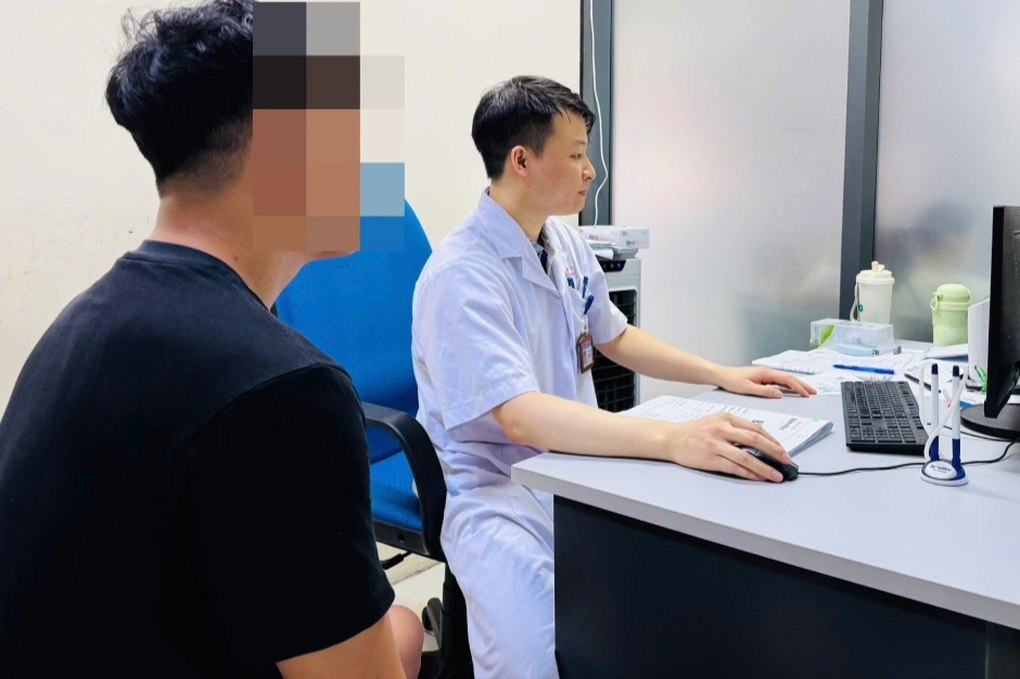
Doctor Mai Van Luc - Department of Urology and Andrology, Hospital E (Photo: Provided by Doctor).
According to Dr. Luc, many people with a history of kidney stones often take muscle relaxants on their own, thinking that dilating the ureter will relieve pain. This habit is quite common, even among some medical staff. However, this treatment is not true to its nature.
The main cause of pain is a stone falling into the ureter causing obstruction. The body reacts by secreting Prostaglandin, causing inflammation, swelling and stimulating strong spasms, leading to severe pain. For patient L., the falling stone can cause inflammation and swelling, increasing pressure and compression, making the pain even more severe.
"No-spa only helps reduce spasms, but the root cause is inflammation and edema, so the pain cannot stop. Major urological associations in the world such as EAU (Europe) and AUA (USA) recommend the use of NSAIDs to treat renal colic," Dr. Luc shared.
Renal colic - The horror of medicine
According to Dr. Luc, renal colic is one of the most severe pains ever recorded.
One study found that 79% of women who experienced both labor and kidney stone pain rated the pain as being of equal severity, with some even saying the pain from kidney stones was worse.
On many pain scales, this pain ranks equal to or greater than gunshot wound pain or acute pancreatitis.
The pain occurs when the ureter is blocked, urine cannot drain, causing pressure in the kidney to increase. The kidney is distended and the pain radiates from the waist to the lower abdomen and groin.
In many cases, sudden blockage can lead to rupture of the renal pelvis and ureter. The level of pain does not depend on the size of the stone, many very small stones can still cause severe pain.
If the medication is used correctly and the patient responds well, the pain will subside quickly. Many patients experiencing renal colic often want immediate surgical intervention, but according to Dr. Luc, more than 80% of cases can be treated medically and the stones will pass on their own.
Vietnam is a country with a high rate of urinary stones.
According to Dr. Luc, nearly 15% of the Vietnamese population will have urinary stones in their lifetime. Some measures to help prevent kidney stones include drinking enough water every day, reducing salt, limiting animal protein, maintaining calcium balance, maintaining physical activity, and limiting high doses of vitamin C.
People who are prone to calcium oxalate stones should limit foods rich in oxalate such as spinach, water spinach, beets, sweet potatoes, almonds, cashews, chocolate, strong tea and cocoa powder.
Dr. Luc pointed out warning signs that require medical examination:
- Pain in the lumbar region on one or both sides, which may radiate to the lower abdomen.
- Painful urination, frequent urination, urine color changes such as cloudy or pink-red.
- Nausea, fever, chills.
"In addition to maintaining a healthy lifestyle, people should have regular health check-ups every six months to help detect kidney stones and many other important diseases early," Dr. Luc recommended.
Source: https://dantri.com.vn/suc-khoe/ha-noi-trai-tre-dau-nhu-dau-de-sau-khi-uong-4-vien-thuoc-20251118091129909.htm










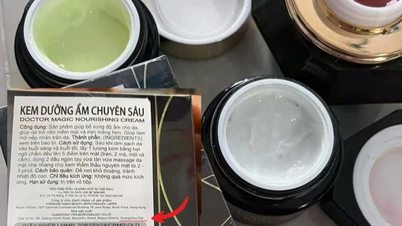




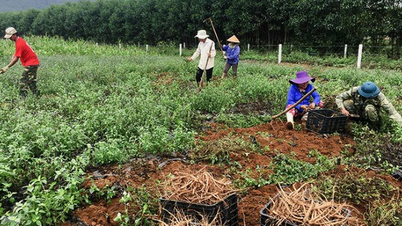









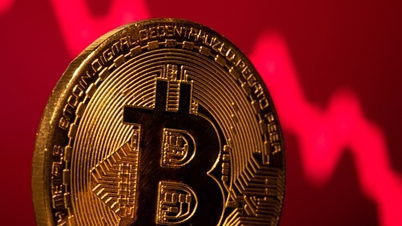


![[Photo] General Secretary To Lam and National Assembly Chairman Tran Thanh Man attend the 80th Anniversary of the Traditional Day of the Vietnamese Inspection Sector](https://vphoto.vietnam.vn/thumb/1200x675/vietnam/resource/IMAGE/2025/11/17/1763356362984_a2-bnd-7940-3561-jpg.webp)









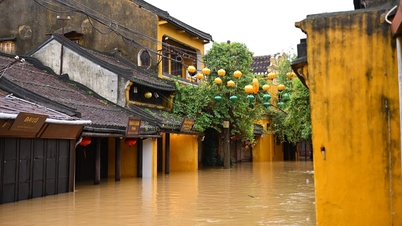
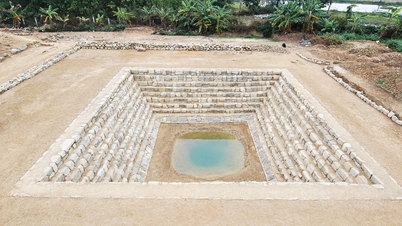






























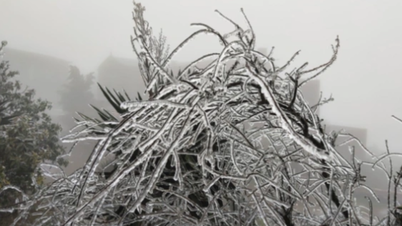





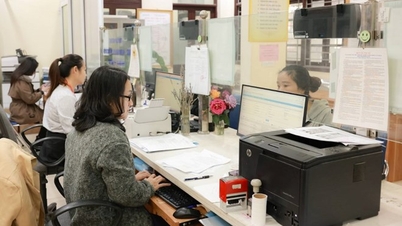













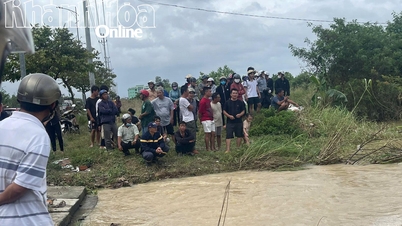











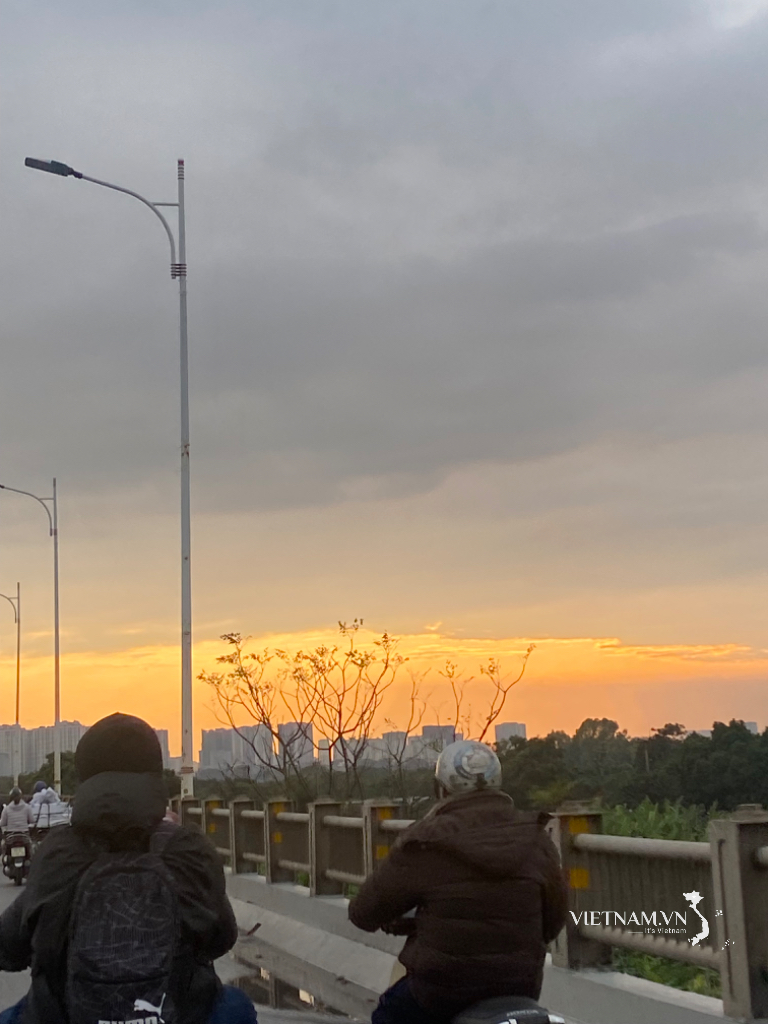

Comment (0)